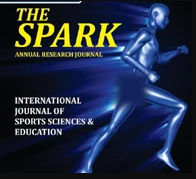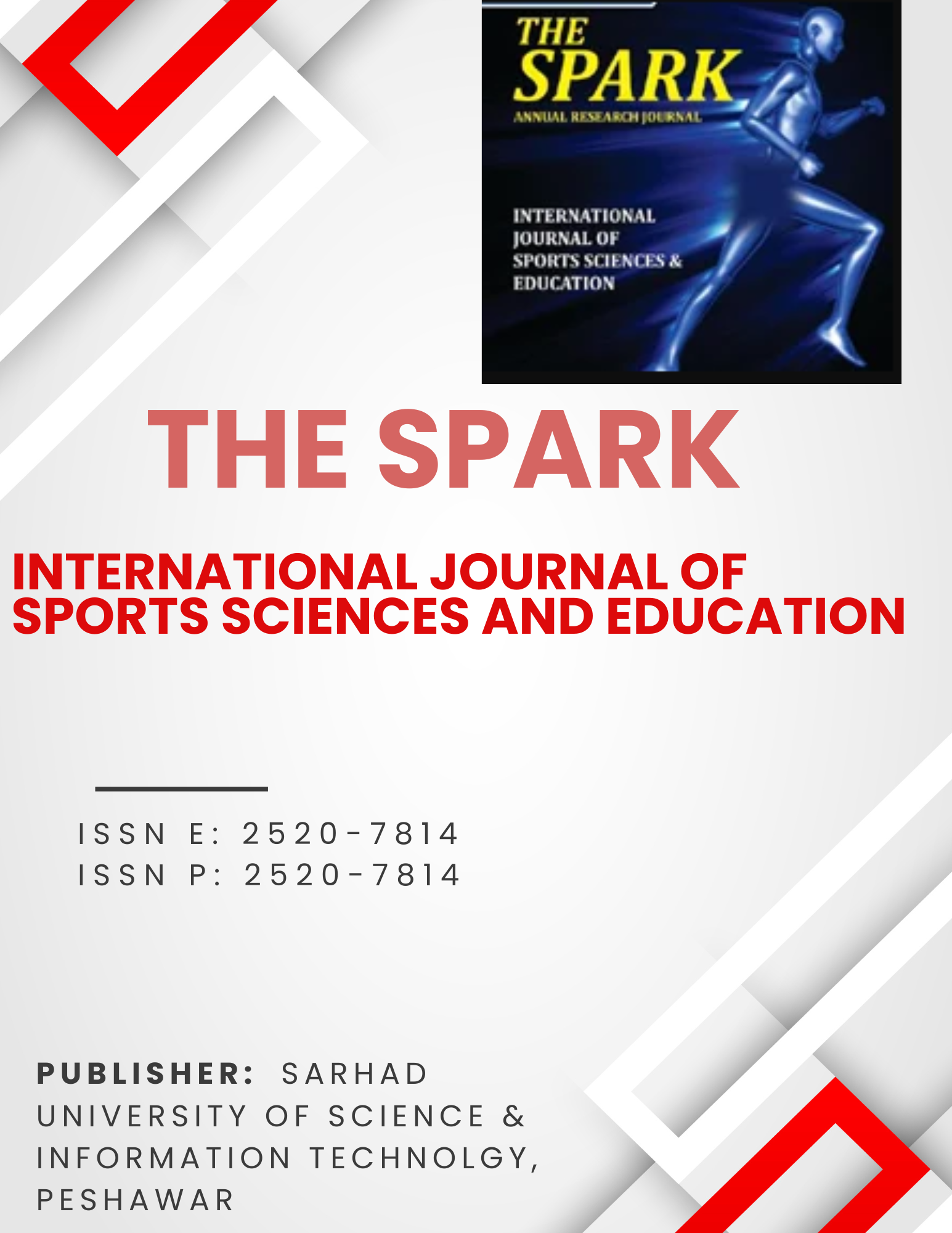SOCIOLOGICAL PERSPECTIVE OF SPORT
Abstract
Sport as a specific form of physical activity plays an mportant role in cultural, economica and political devolopment of global society. Sport is an integral part of of individual forms of leisure, an opportunity for competitive activities, and in growing extent also substituable part of mass culture. Sport reflects given cultural climate and affects  specific forms of proces of socialization. Top elite sport is for mass of people available via mass media, regular sportive activities are an effective tool against destructive impacts of sedentary society. Physical activity, physical fitness, wellness and sport form life style of people and are also part of profitable business. Sport is interrelated with important areas of social life, including politics and religion. For sociologists sport is a colourful field reflecting the dynamics of the change in the values, interests and activities of contemporary mankind.Â
References
Cashmore, E. (2003). Making sense of sports. New York: Routledge.
Coakley, J. (2001). Sport and Society: Issues and Controversies. New York: McGraw-Hill.
Ellis, N., et al. (2010). The importance of local knowledge within physical activity promotion. Gymnica, vol. 40, no. 30, p. 106. Olomouc, Czech Republic: Palacký University.
Evans, J. (2004). Making a difference? Education and ability in physical education. European Physical Education Review, 10, p. 95–108.
Hoeger, W. K., & Hoeger, S. A. (2011). Lifetime physical fitness and wellness. A personalized program. Wadsworth: International Edition.
Jarvie, G. & Thorton, J. (2015). Sport, Culture and Society. New York & London: Routledge.
MužÃk, V. (ed.). 2007. Výživa a pohyb jako souÄást výchovy ke zdravà na základnà škole. Brno, Czech Republic: Paido.
Pink, B. (2008). Defining sport and physical activity: a conceptual model. Cambera: Australian Bureau of Statistics.
Sekot, A. (2008). Sociologické problémy sportu. Praha: GRADA Publishing.
Schimank, U. (2005). The autonomy of modern sport: dangerous and endangered. European Journal of The European Association for Sociology of Sport, 2(1), 13–23.
Suomi, K. (2004). Multiple constituency evaluation in sport policy. European Journal for Sport and Society, vol. 1, no. 2, 135–144.
Telama, R., et al. (2007). Determinants and correlates of physical activity among European chil- dren and adolescents. Obesity in Europe. Young people’s physical activity and sedentary lifestyles. Berlin, Oxford: Peter Lang.
Weiss, O. (2000). Faktory ovlivňujÃcà úÄast na sportovnÃm dÄ›nà v Rakousku. Sport, stát, spoleÄnost. Praha, Czech Republic: UK FTVS, 2000.
Downloads
Published
How to Cite
Issue
Section
License
Submission of an original manuscript to the Journal will be taken to mean that it represents original work not previously published, that it is not being considered elsewhere for publication. And if accepted for publication, it will be published in print and online and it will not be published elsewhere.
The journal main policy reflects in its stance that the publication of scholarly research is exclusively meant to disseminate knowledge and not-for-purposes.








 Name of Journal:
Name of Journal: 